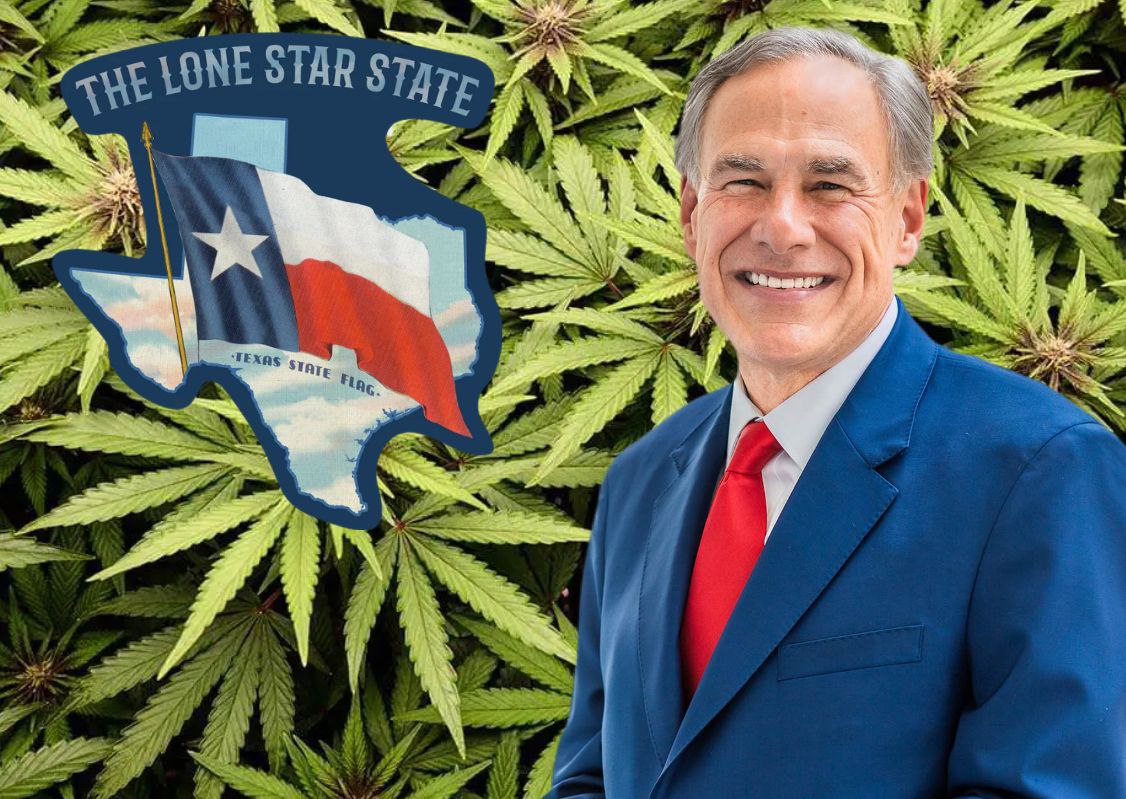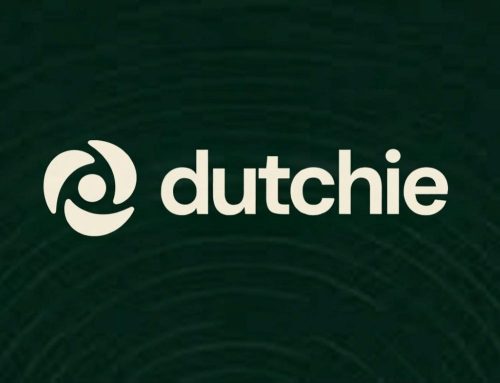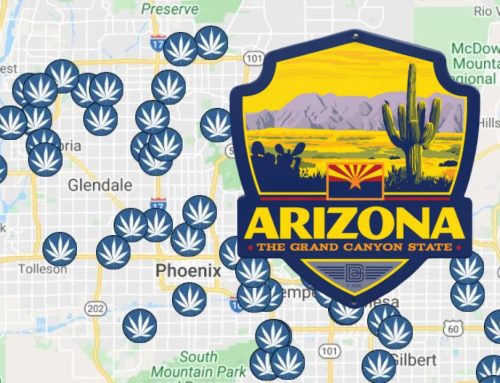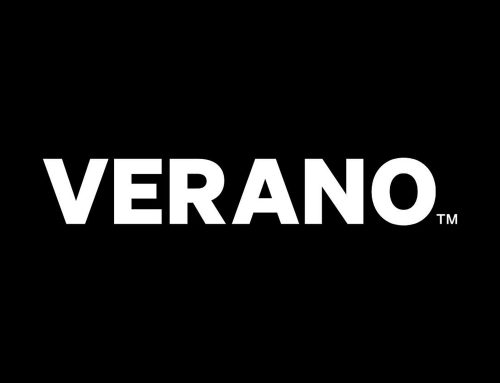Texas Regulators Set Age Limit on Hemp-Derived THC Sales
AUSTIN – The Texas Alcoholic Beverage Commission (TABC) voted unanimously on Tuesday to bar liquor-license holders from selling hemp-derived THC products to customers under 21, marking the state’s initial response to Governor Greg Abbott’s call for tighter controls on the multibillion-dollar industry. Enforcement of the emergency rule begins October 1, with violators facing immediate license revocation, a penalty harsher than those for underage alcohol sales.
The measure fulfills part of Executive Order GA-56, signed by Abbott on September 10, which directs the commission, the Department of State Health Services, and the Department of Public Safety to restrict minors’ access to consumable hemp goods while preserving adult choices under federal law. It follows two special legislative sessions this year where lawmakers could not agree on broader restrictions, including a failed push for an outright ban on THC-infused edibles, beverages, and vapes. Abbott vetoed a Senate-backed prohibition in June, arguing it ignored federal hemp legalization and overlooked potential for responsible adult use.
Under the new rule, retailers must verify identification for every THC purchase, even if the buyer appears over 21, with exceptions only if a minor misrepresents their age and the seller acts reasonably. The restrictions apply solely to the roughly 1,200 TABC-licensed venues like bars and package stores, leaving the state’s 8,000-plus dedicated hemp retailers [overseen by the health department] unregulated for now. Those outlets account for an estimated $5.5 billion in annual sales, often through products like delta-8 gummies and THC-infused sodas derived from legal hemp containing less than 0.3% delta-9 THC.
From a business perspective, the rules introduce compliance costs (ID scanners, staff training, and potential lost sales from stricter checks) that could squeeze margins in a market already navigating federal-state tensions. Data from similar age-verification mandates in alcohol retail show a 10-15% uptick in enforcement actions in the first year, often hitting smaller operators hardest. On the flip side, clearer boundaries may deter illicit sales and build consumer trust, stabilizing a sector that dodged a shutdown but now faces extended rulemaking through January 2026.
The emergency provisions last up to 180 days, with public input sessions slated for November to shape permanent standards, including potency limits and location bans near schools. Hemp advocates like those at the Texas Cannabis Policy Center view it as progress toward a “responsible market,” though they flag risks that low-THC flower caps could drive users to unregulated sources.
For Texas’s hemp trade, this age floor represents a calibrated pivot: It shields youth from documented risks like impaired brain development, as noted in CDC reports, without upending a key economic driver. As formal rules take shape, stakeholders on all sides will watch whether this framework fosters compliance or sparks calls for deeper intervention, a balance the industry knows too well after years of regulatory whiplash.



































